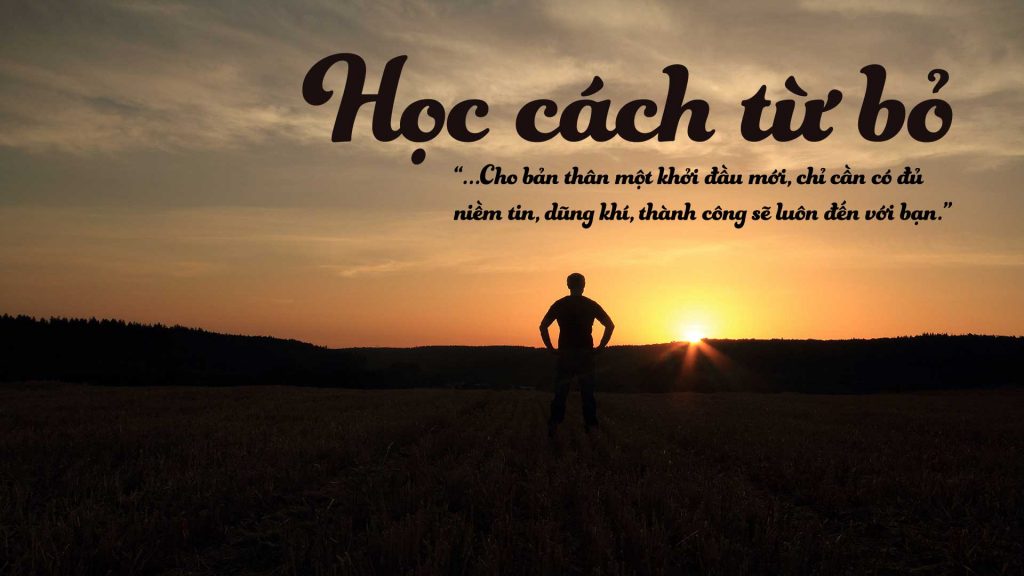No products in the cart.
[Ngày ăn Lươn ở Nhật Là Ngày Nào, ý Nghĩa] Sự hấp dẫn của ẩm thực Nhật Bản không chỉ dừng lại ở sự tinh tế, đẹp mắt mà còn ẩn chứa trong đó những giá trị văn hóa sâu sắc. Trong đó, món lươn Nhật Bản (Unagi) đã trở thành một phần không thể […]

